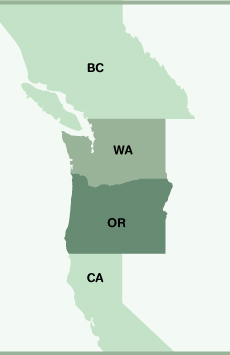HB 1718 was introduced in 2009 and was the outcome of Executive Order 07-02 (PDF file, 79KB) that was signed by the governor in February 2007 directing the Washington State Department of Ecology and Department of Community, Trade and Economic Development to develop a climate change initiative.
The ...
